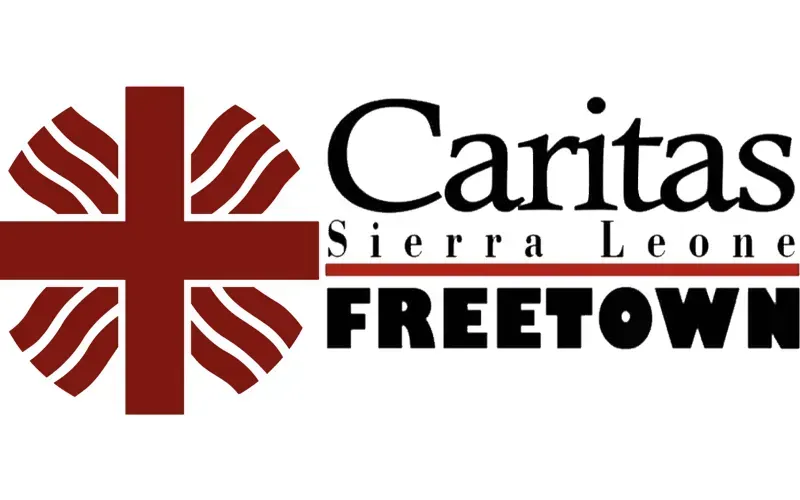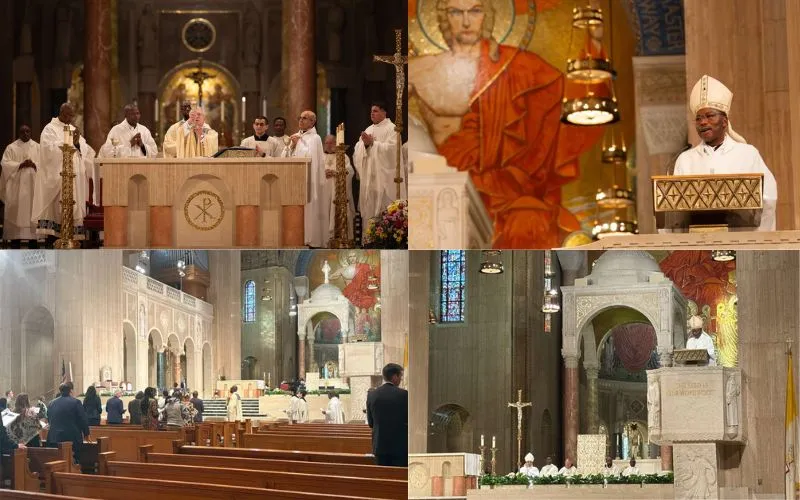“The police officers in our programme gained an insight about how delicate child abuse cases are handled, and the approaches to adopt,” Fr. Konteh told ACI Africa on Wednesday, March 20.
He added that newly recruited FSU personnel and intern social workers in various police stations that took part in the training learned about the standard operating procedures of the Sierra Leone police.
In the partnership, the police department received stationery to enhance their investigations on SGBV issues.
SGBV in most communities in Sierra Leone dates back to the years of Sierra Leone’s civil war, when the government created a resettlement area and left the internally displaced persons (IDPs) to their devices.
The police training was part of a comprehensive project that Caritas Freetown undertook to support victims of gender-based violence and prevent further abuse in targeted communities in Sierra Leone.
Funded by Manos Unidas under the implementation of the development arm of the Catholic Archdiocese of Freetown, the program was designed “to prevent all forms of violence against women and girls, promote behavioural change on good hygiene practices in 20 Schools and 20 Communities between October 2022 and September 2023 in the Western Area Rural District.”
In Mosseh Community in Sierra Leone’s Western Area Rural District, advocacy programs entailed training community members on ways to prevent emotional abuse.
Authorities that were brought on board in the training in Mossehy reminded the community members that abusive language that lowers the esteem and confidence of a person would not be tolerated. Defaulters were warned that they would pay a compulsory fine of 50 leones (US$0.0025).
In the program, Caritas Freetown also held quarterly training sessions with 100 men and boys from the 20 targeted communities to deepen their understanding of gender-based violence issues.
The men were reminded of their unique roles in mitigating gender-based violence in their communities. Caritas Freetown expressed optimism that the trained men and boys would become campaigners for women’s rights to end harmful traditional practices such as Female Genital Mutilation (FGM), child marriage, compromise, sexual penetration, rape, and advocate for behavioural change on GBV prevention.





